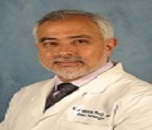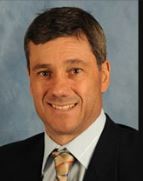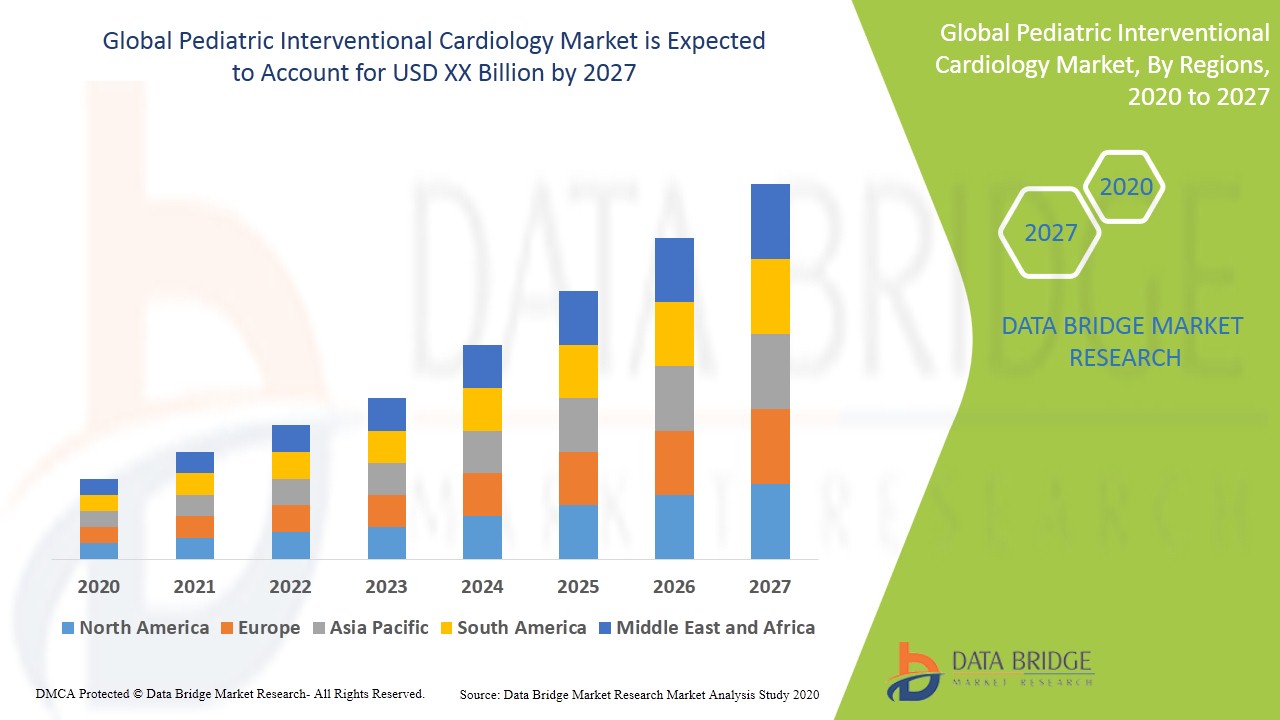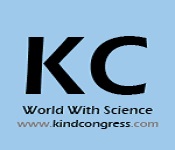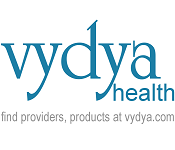Pediatrics is the branch of medicine dealing with the health and medical care of neonates/ infants, children, and adolescents from their birth to the age of 18. The word “paediatrics” simply means “healer of children”; they are derived from two Greek words: (pais = child) and (iatros = doctor or healer). Paediatrics is a relatively new medical specialty, developed in mid of 19th century. Abraham Jacobi is known as the father of paediatrics.
Clinical Pediatrics is the beginning exercise in the study of Pediatrics sciences, that is the study of medicine related to infants, children and adolescents that points out specific types of ailments and health conditions in children. It mainly focuses on typical practice-oriented challenges.
Neonatology is a domain of Pediatrics that refers of the medical care of newborn infants, especially the ill or premature new born. Neonatology is a hospital-based specialty, and is practised in neonatal intensive care units (NICUs). The priority patients of neonatologists are newborn infants who are ill or require special medical care because of prematurity, low birth weight, intrauterine growth restriction, congenital malformations, sepsis, pulmonary hypoplasia or birth asphyxia.
Breastfeeding, also called nursing, is the process of feeding a mother's milk to her infant, either directly from the breast or by pumping out the milk from the breast and bottle-feeding it to the infant. WHO recommends that breastfeeding should begin within the first hour of a baby's birth and continue till the baby wants. Breastfeeding provides benefits to both mother and baby, which infant formula lacks.
Pediatric nursing refers to the medical care of neonates and children till their adolescence, usually in the hospital or day-clinic. Pediatrics comes from the Greek words 'paedia' which means child, 'iatrike' which means physician. Premature or ill infants are taking care by the Pediatric Nurse, Pediatric nurses will teach the parents about the protection of baby from childhood diseases, proper nutrition and diet for the growth and development of their child.
Neonatal nurses are registered and trained nurses who are specialised in working and dealing with these young, at risk patients. Neonatal nursing is a category of health-care that mainly focuses on providing care and support for new born infants who were born prematurely, or suffering from health problems such as birth defects, infections, or heart deformities. Many neonatal nurses work in Neonatal Intensive Care Unit (NICU), providing highly specialised medical care to the endangered newborns.
Pediatric dermatologists are the Doctors that deals with the treatment of skin disorders in the infants using the latest available treatment methods. Pediatric dermatologists treat children from birth through adolescence.
Patient advocacy refers to the specialised advocate nurses that deals with the healthcare concerned with advocacy of patients and survivors. The policies and resources of health care agencies must meet the psychosocial needs of children and families, where an advocate nurse must be sure of. The nurses can then reinforce the family and the child to make knowledgeable choices about these services and to achieve to act in the child's best interests.
Patient education helps to improve treatment results. Nurses are trained to work with children at various levels of understanding as in this field of nursing, patient is especially challenging. Children needs someone to help them adapt to the hospital environment and prepare them for medical treatments and procedures, and as a patient educator, pediatric nurses are responsible for this care.
Pediatric oncology is the branch of medicine that deals with the research and treatment of cancers in children and adolescents. Pediatric oncologists study and gets trained in both pediatrics and oncology. The types of cancers that develop in children are usually different from cancers that develop in adults.
Paediatric cardiology is the branch of medicine that deals with diseases of the heart and blood vessels in the growing and developing individual. Pediatric cardiologists diagnose and treat heart diseases and problems from the foetal period till adulthood.
Child’s mental health is also important like child’s physical health. Child abuse or child maltreatment is physical, sexual, psychological ill treatment or neglect of a child or children, especially by a parent, governess or caretaker. In Pediatrics, developmental and behavioural issues includes disorders in children during developmental period.
Paediatric rehabilitation deals with medical management and injuries in children that is brain injuries, spinal cord injuries, neuromuscular disorders and musculoskeletal conditions therefore designed to improve the abilities of children and young people. Paediatric rehabilitation programs aim to maximise the ability of the child to participate in activities at home, school and the community.
A child neurologist, or pediatric neurologist, is the doctor that deals with the treatment of children who have problems with their nervous system. Problems in the nervous system can start in the brain, spine, nerves, or muscles. These can lead to problems such as seizures, headaches, or developmental delays.
A Clinical or a Medical case report contains detailed information on the symptoms, signs, diagnosis, treatment, and follow-up of an individual patient, a disease or a disorder. Pediatric clinical case reports deal with the cases related to the pediatrics like adolescent medicine, pediatric cardiology, critical care for new born, pediatric dentistry, developmental and behavioural disorders, pediatric endocrinology, gastroenterology, pediatric genetics, oncology, neonatology & perinatology, nephrology, neurology, pediatric surgery . These are very useful in medical, scientific, and educational purposes.
The most common among the health effects that occur in children are Allergy and asthma. Some of the familiar allergies observed in children are food allergies, hay fever, sneezing, cough, itching, nausea, stomach ache, fatigue, and headache. Allergies can be cured by medical treatment and through early immunizations. Early stage vaccination and continuation up to 3-5 years will help to improve immunity against different allergies in Pediatrics.
Pediatric allergists/immunologists deals with the treatment of children from birth through the teenage years. Their choice to specialize in pediatric immunology to provide the most experience in dealing with the unique medical needs of children who have allergies and immune system problems.
A pediatric endocrinologist is a doctor who is specialized in the diagnosis and treatment of children with diseases of the endocrine system, such as diabetes and growth disorders. Main work glands of the endocrine system are to produce hormones, chemical substances that regulate many important body functions.
Pediatric Pharmacology includes the Collection of clinical pharmacology information, such as information regarding the pharmacokinetic and pharmacodynamics properties of a product regarding dose selection and individualization. This guidance and approach help in obtaining the concerns for conducting studies so that the accurate dosing and information for drugs and biologic products in pediatric populations can be sufficiently characterized, leading trials to check out safety and effectiveness.
Pediatric Dentistry is a branch of medicine that deals with an age-defined specialty which provides both primary and comprehensive preventive and therapeutic oral health care for infants and children through adolescence, including those who need special oral health care.
Pediatric pulmonologists deals with the specialization in treating children with breathing problems. patients come to see pediatric pulmonologists to get diagnosed whether their child's wheezing is asthma or something else.
Pediatric pathology is the branch dealing under surgical pathology that helps in the diagnosis and characterization of neoplastic and non-neoplastic diseases of children. A pediatric pathologist is the one who is an expert in the laboratory diagnosis of diseases that occur during foetal growth, infancy, and child development.
Pediatric nutrition deals with the dietary needs of infants to support their growth and development, including changes in organ function and body composition. Decisions that parents make about nutrition and feeding their babies show short- and long-term effects on the growth and development of babies. Infectious disease and chronic digestive disease can be reduced with good nutrition choices like breastfeeding.
Pediatric toxicology deals with the adverse effect of chemicals seen in body of infants and babies, and also involves the diagnosing and treatment of toxins and toxicants. With reference to forensic toxicological issues, every unexpected or unexplained child death is usually assumed to be toxicological in nature.

